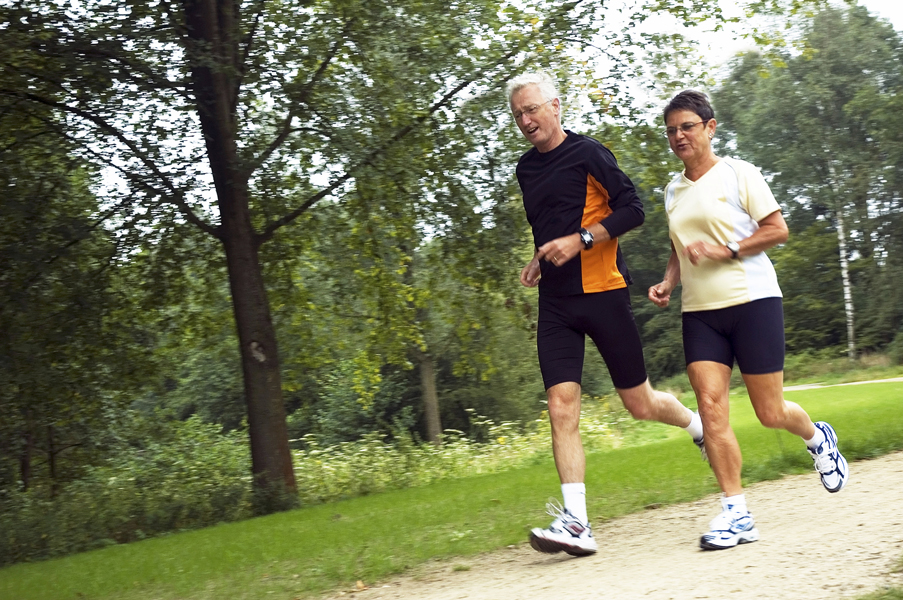Active adults have many health advantages over their sedentary peers. The effects of aerobic exercise are widespread across a trained individual’s emotional, physical, and mental health. Recent research has highlighted the beneficial effects of aerobic exercise on anxiety, depression, cognition, and memory. Many areas of the brain are sensitive to the effects of aerobic exercise and can be positively effected by this training. In particular, the hippocampus, a small organ in the brain’s limbic system crucial for long term memory and spatial navigation, has shown both neurogenesis and slower age related declines in trained individuals. Researchers believe these positive effects are due in part to an increase in blood vessel formation and circulation driven by aerobic exercise. In addition, exercise is also correlated with an increase in white matter within the brain.
A recent review of the medical evidence was conducted to determine the impact of aerobic exercise on hippocampus size in humans (Firth et al. 2018). The authors included 14 studies utilizing brain imaging before and after aerobic exercise training. They concluded exercise helped prevent the age related declines in nerve and hippocampus health. Thus, exercise was not shown to improve hippocampus volume but instead preserved the organ’s size compared to sedentary groups.

